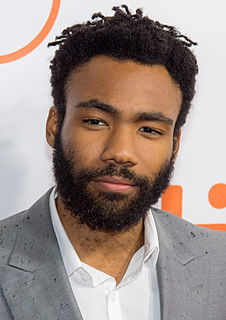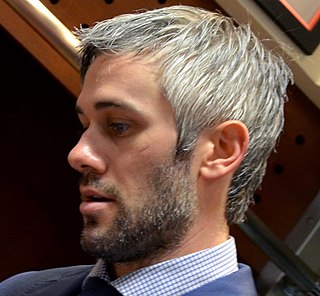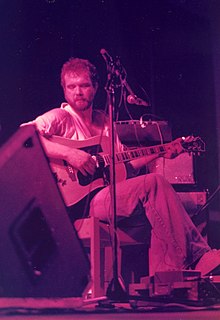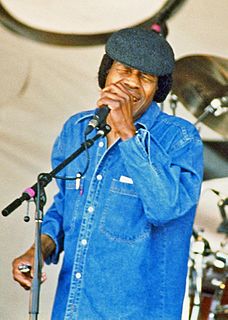A Quote by Luke Pasqualino
The recognition thing started to happen in 2009 when 'Skins' season three had come out and we were on TV. It used to happen much more when we were in the height of our success, but I never really saw it as a chore or anything like that. It was just quite exciting - you had fans.
Related Quotes
We had a teacher, named Mr. Brown, and he was writing something on the board once - he was writing something on the board, and he farted. And you would have thought kids had seen the face of God. Kids weren't even laughing; they were just sitting there screaming, just screaming. Kids had to get carted out; kids were screaming. Kids had to get carted out, and they were going to the nurses' office. Kids are crying in the hallway. 'Oh, this is our 9/11.' And it was. It was their 9/11 'cause they never thought anything like that could ever happen.
The twentieth century saw an amazing development of scholarship and criticism in the humanities, carried out by people who were more intelligent, better trained, had more languages, had a better sense of proportion, and were infinitely more accurate scholars and competent professional men than I. I had genius. No one else in the field known to me had quite that.
My husband and I, when we had our five children and they were grown, we thought we were entitled to grandchildren. And so we were just expecting this to happen; of course, nothing was happening. And then we kept begging, bribing, cajoling, anything - threatening to adopt our own grandchildren - and finally, we got some grandchildren.
It seemed from the media that we were being told that all Haitians had AIDS. At the time, I had just come from Haiti. I was twelve years old, and the building I was living in had primarily Haitians. A lot of people got fired from their jobs. At school, sometimes in gym class, we'd be separated because teachers were worried about what would happen if we bled. So there was really this intense discrimination.
The hardest bits of my book to read were the easiest bits to write because they were the most immediate. Probably because I had never stopped thinking about them on some level. Those bits I was just channelling and those were the most exciting writing days. The bits I found harder were the bits that happen in between, you know, the rest of living. There were whole years, whole houses, that I just got rid of.
In my own field, x-ray crystallography, we used to work out the structure of minerals by various dodges which we never bothered to write down, we just used them. Then Linus Pauling came along to the laboratory, saw what we were doing and wrote out what we now call Pauling's Rules. We had all been using Pauling's Rules for about three or four years before Pauling told us what the rules were.
I saw certain things that I think maybe other kids are protected from. Like, I saw my parents struggling. I knew that we were cutting out coupons and buying dented cans because they were cheaper. And all our furniture was from the garbage. It was just - and to me because I was a kid, all that stuff was really exciting.
I never really expected any of the music business to happen, but I'm glad it did. It was a very cool thing to happen. It was a hobby for me. I used to do it to meet girls. If you had long hair and could play a guitar then you got girls. That's how I started. Then I fell in love with the music and got carried away.
I used to go and do some sitting in with Robert Nighthawk when he were playing at the 708 Club in Chicago. He was a tremendous slideman. I never saw him do anything other than play the slide. I never just saw him just use his hand. He always used a slide. He had a little-bitty drummer we called "Shorty". He was about that high [hand gesture]. And he was his drummer. That's all he had was a slide guitar and a drummer.




































